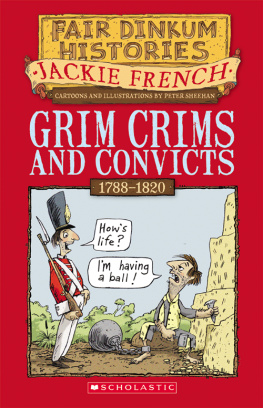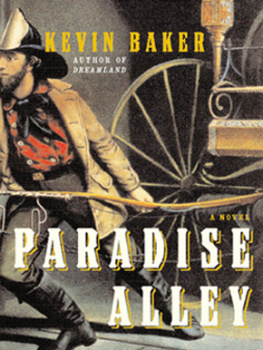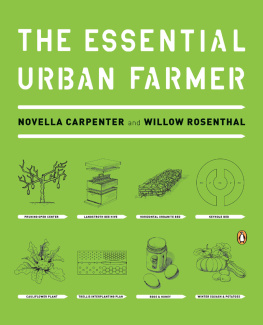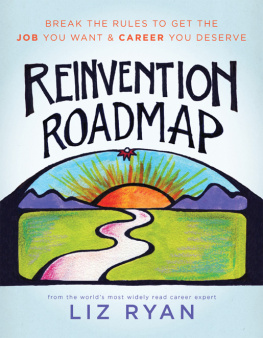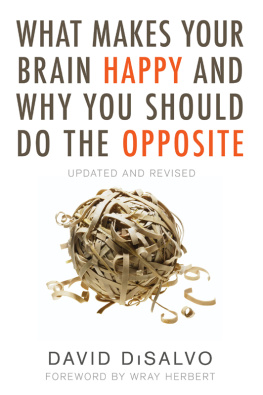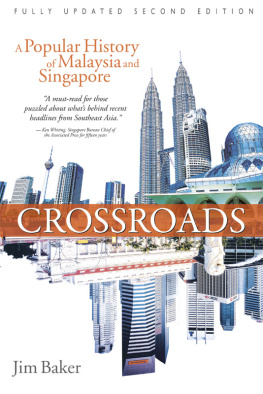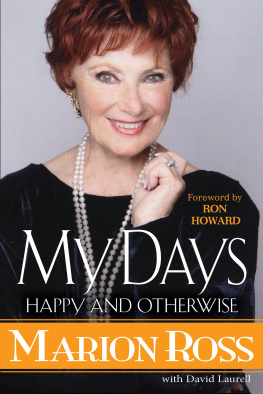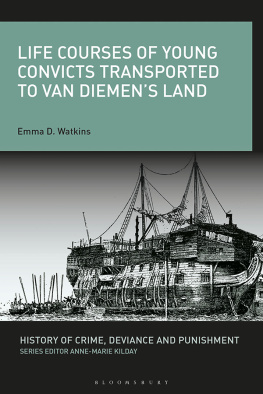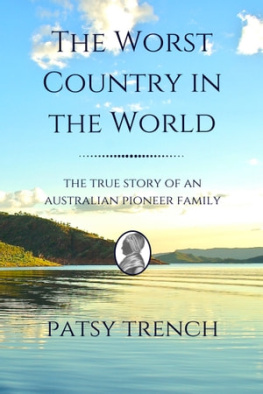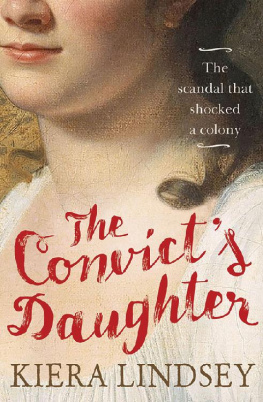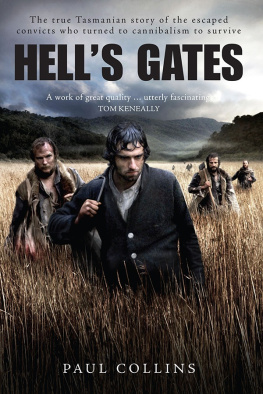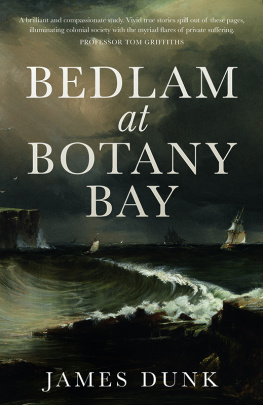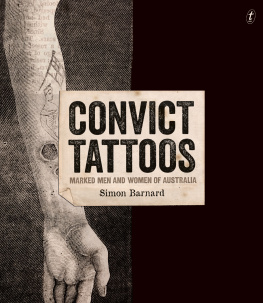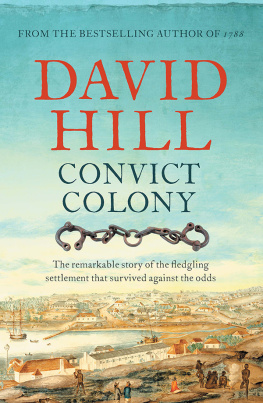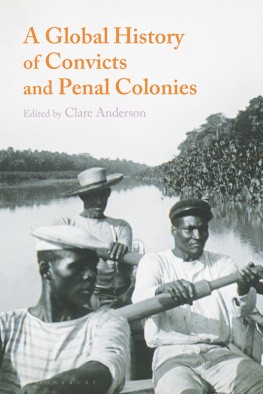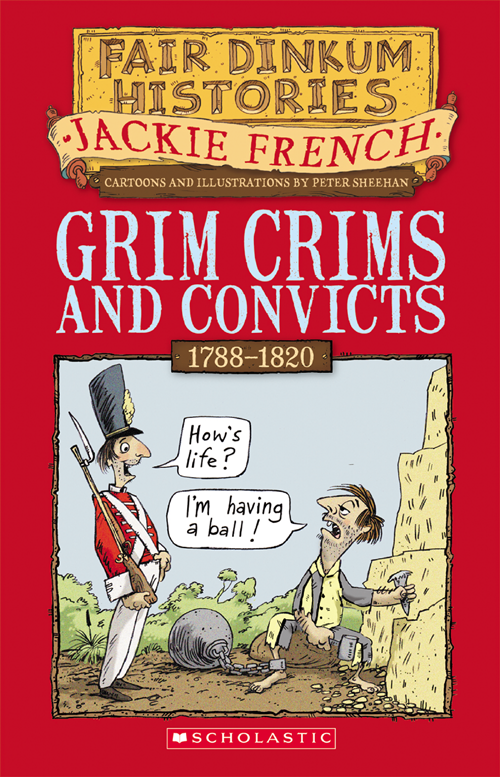Its difficult to know exactly what happened back in the early days of the colony. The only way we can find out is if someone wrote about it in their diaries or letters or reports. But often four people would write about the same eventand they would all say different things. So who do we believe?
Sometimes people were reporting what someone else had told them; sometimes people tried to turn an event into a more interesting story for people back home in England to read. And none of them probably had any idea that, hundreds of years later, we would be reading their words, trying to work out exactly what happened when! For this reason, some of the things youll read in Grim Crims & Convicts may be different from what youll find in other books.
And remember, there are always two sides to a story!


It was an incredible ideato found a colony of convicts eight months sail away from Great Britain. In a land with no cities, no farms, no rich spices, just savages in huts.
The Dutch, the French and the Portuguese had known about the land down-under for two hundred yearsand had turned their noses up at it. The Chinese had known about it for even longer, and they werent interested either.
The colonists would have to take everything with them in their tiny ships: from needles to flour, spades, seeds, boots, medicine, fruit trees and even chamber pots. Enough to last them for years.
No country had ever thought to send colonists so far away.
Why on earth would you bother?
A F OOTHOLD D OWN- U NDER
New Holland, as it was then known, just happened to be in the right place at the right time.
Britain had been at war with France and Holland, and British ships hadnt been able to call in at the Dutch ports in South Africa to restock with food and water on their way to India, China, Korea, Japan and north-west America.
It looked like war might be coming again. The British needed a base in the southern hemispherefast!
So they decided to found a colony.
R OUND AND R OUND IN C IRCLES
The first choice was up the River Gambia, in West Africa. But people were outraged! British settlers would die of disease if they were sent to this hot, harsh place!

So another place was chosen the region around Das Voltas Bay in South Africa. But a scouting party reported that this site was just a barren rocky shore.

Then came the news that the French were sending garrisons to the East Indies. They might even attack the British settlements in India. Things were getting urgent! Should the new colony be on Norfolk Island, with its flax plants and pines? Or New Zealand?
Finally Sir Joseph Banks, who had sailed with Captain Cook, convinced the government that Botany Bay in New Holland was the best place in the world for a new colony.

B ANKING ON B OTANY B AY
According to Banks, Botany Bay was perfect. The soil was fertile. The big trees were ideal for building ships and houses. There were plenty of fish, said Banks, and there was lush grass that cattle would thrive on, and there were no dangerous wild beasts. Maybe spices could even be grown there. The pines of nearby Norfolk Island would provide masts for the Royal Navy, and New Zealands flax plants would provide canvas sails and cordage for the Royal Navy.
And Botany Bay was already British. Captain Cook had claimed the coast of New Holland in 1770although no-one had yet told this to the people who actually lived there. But the original inhabitants were very few, said Banks, and they were armed only with spears tipped with fish bones.
There was just one problem. Botany Bay was too far away for anyone to go and take a second look. But surely Sir Joseph Banks must have got it right
Actually, Banks was wrong about almost everything. And by the time the colonists found out, it was too late!
S ELECTING THE S ETTLERS
Few people would be rash enough to sail around the world to an unknown land. Not even when the great Sir Joseph Banks said it was a fine place. But the British Government had a good stock of people who would go wherever they were told. And they would work for nothing when they got there. Convicts!

W HAT D O W E D O WITH THE C RIMS?
Convicts used to be sent to the American colonies. Then, in 1775, those colonies seized independence and declared war on Britain. The British thought that the war would soon be over. So while the British were waiting to win, the convicts were kept in hulks moored in the busy rivers and harbours of southern England.
But the war took eight yearsand the American colonies won!
So what should be done with the convicts?
The cheapest solution was to keep them working in England. But in a new colony, the convicts might have a chance to make a new life for themselves too. And maybe the threat of being sent so far away would make the criminals at home behave themselves.
W HAT A BOUT THE L OCALS ?
T he British Government asked Sir Joseph Banks if the local people of New Holland would sell the British some land. Banks replied that the locals were only interested in food. He believed they would abandon the country when the new colonists arrived.
He was wrong about this too.
A M OTLEY C REW OF S ETTLERS
Australias first white settlers were mostly unwilling, lazy, dirtyand criminals. Nearly all the convicts were thievespickpockets, sheep stealers, poachers. There were also seven swindlers and four forgers, but no murderers or rapists. Most were youngbut not healthy: they were starved and ragged from the filthy, disease-wracked prisons and hulks.

According to some records, the First Fleet of eleven ships carried 1467 people. These included:
759 convicts
13 convicts kids
252 marines, including their wives and children
210 Royal Navy seamen
233 merchant seamen
Merchant seamen were sailors hired by the British admiralty to take the convicts to New Holland.

